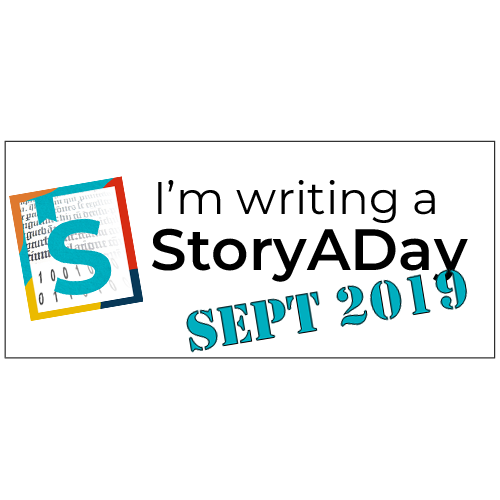Audio Player
I’ve made a case for logging your word count to keep yourself accountable, to give yourself a pat on the back, to encourage consistency and good writing habits.
But it doesn’t have to be word count.
WHEN WORD COUNTS HELP
Setting a word count goal makes sense if you’re working on a novel and want it finished by X date.
It also makes sense if you want to become a faster writer.
WHAT IF THAT DOESN’T WORK FOR YOU?
It might not make sense to set a word count goal if you’re still struggling to create a writing habit. Or if you’re writing flash fiction.
And what if you’re int he editing (or marketing) phase of a project, but still want to feel productive?
In these cases, you might want to to track the number of days on which you worked, to see how your writing practice is becoming part of your life.
HOW TO LOG YOUR DAYS
Set a goal for the number of days a week that you will Write Something (or Work on Project X).
- Use the ‘butt in chair” column or the “hours spent editing” column in your StoryADay Writing Log.
- Any day when you work, just type the number for the time spent, in that new column.
- If you want to get fancy — set up conditional formatting to turn the cell green when it finds that text in the field).
If you like to keep your logs in a more tangible form:
At the end of the month, step back and gaze at the ‘heat map’ of your work progress. Hopefully there’ll be enough ’stickered’ days to make you smile. If not, make a commitment now to do better next month.
KEEPING YOUR GOALS REALISTIC
If you can make an unbroken chain of those days that’s great. But bewarE! Setting so high a bar can backfire. What happens the first time life gets in the way and you miss a day? You feel terrible. You get demotivated. You quit.
Rather, I’d suggest setting a goal to write on a certain number of days a week.
WHAT TO DO WITH THE INFORMATION
At the end of the month, look back at your log see how much you achieved and if any patterns emerge (are weekends good or bad for you? Do you write more when you’ve had more sleep? When the kids are in school?). You can see where you might make changes or improvements.
NO GUILT
Again, try to not use the log as a weapon to bludgeon yourself with guilt. Use it to analyze and study (and to face) what’s really going on. Try to increase your goal a little from what you actually achieved this month (not some abstract and possible unrealistic ‘ideal’).
Whatever type of log you choose, use it to keep yourself accountable, spur positive changes, and reinforce good work habits.
Because all of these things get you closer to where you want to be: writing.
Are you logging your writing days or word count? What methods do you use, and how do you use it to help you progress? Share in the comments, below!


